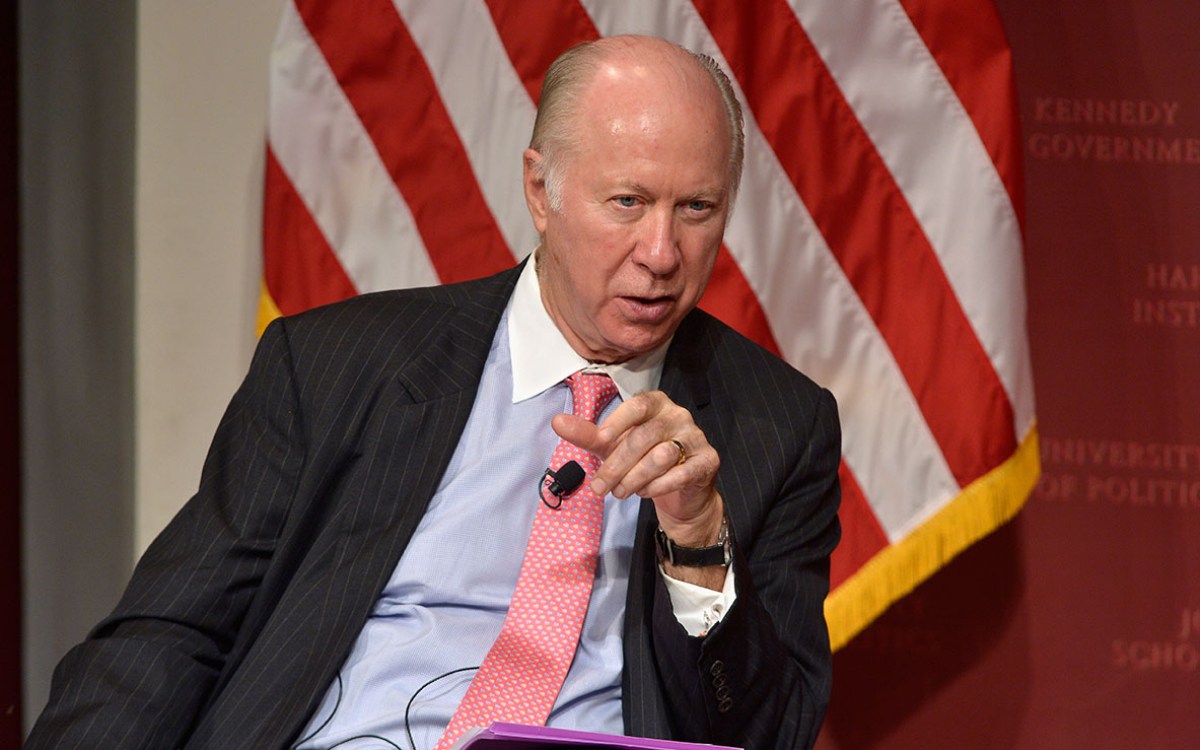Shedding light on gestational diabetes controversies, challenges
Gestational diabetes—diabetes that women develop while pregnant—can lead to serious health problems for both babies and mothers. Babies can be born too large or have birth injuries. Mothers can face greater risk of needing a cesarean delivery. For both mothers and babies, the risk of developing type 2 diabetes later in life can increase. But there’s a lack of clear evidence—and thus a lack of consensus—about the best way to test for and diagnose gestational diabetes. And much more could be done in terms of preventing the ailment in the first place.
Harvard School of Public Health’s Michelle Williams gave an overview of the controversies and challenges surrounding gestational diabetes at a summer Hot Topics lecture at the School on August 6, 2013.
Watch a video of the Hot Topics lecture
“Gestational diabetes is one of those conditions where we just can’t seem to decide how to define it and how we should screen for it,” said Williams, Stephen B. Kay Family Professor of Public Health and chair of the Department of Epidemiology. But the condition has been on the rise in recent years, in step with the worldwide rise in obesity. According to current estimates, 5%-7% of pregnant women in the U.S.—nearly a quarter of a million each year—develop gestational diabetes.




